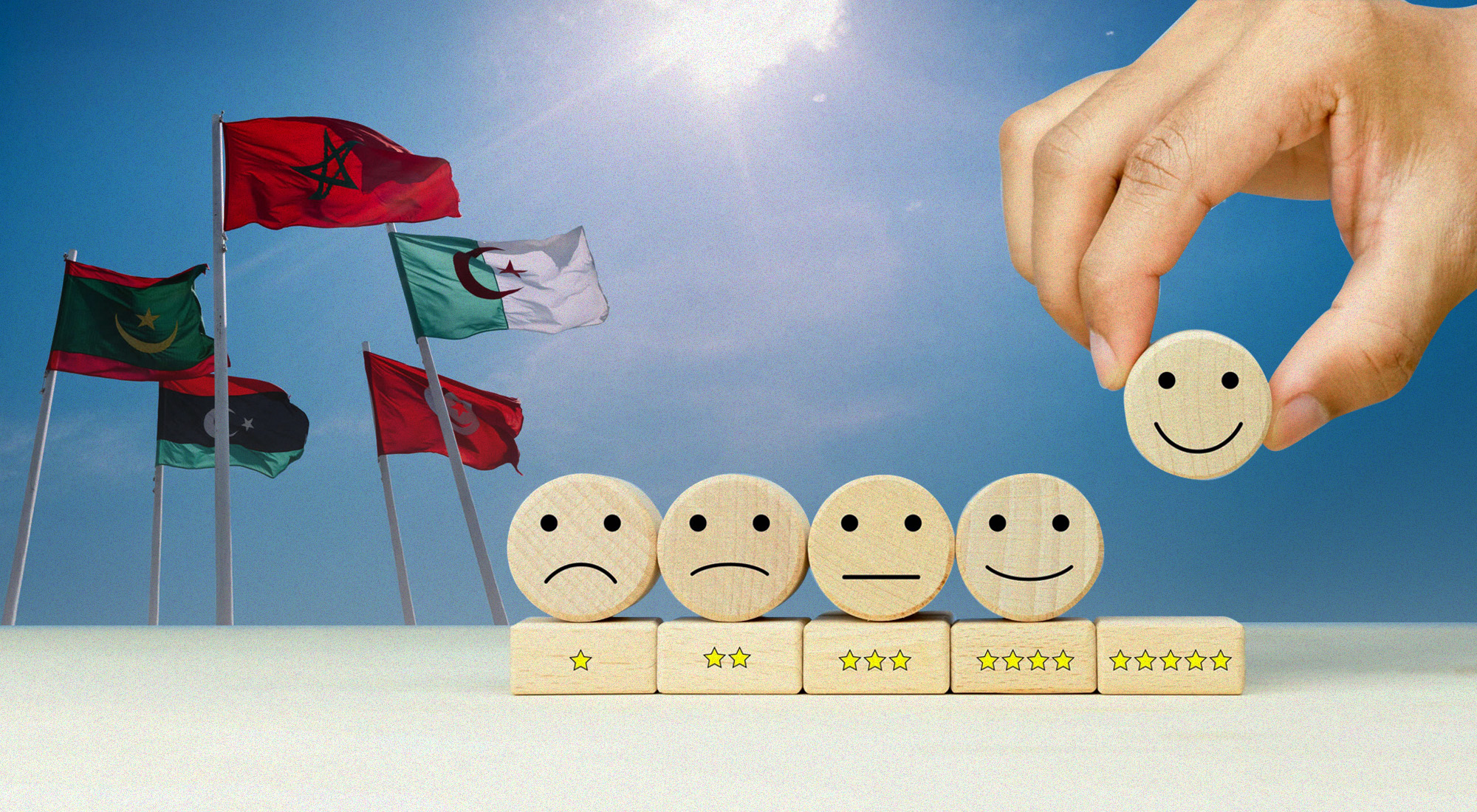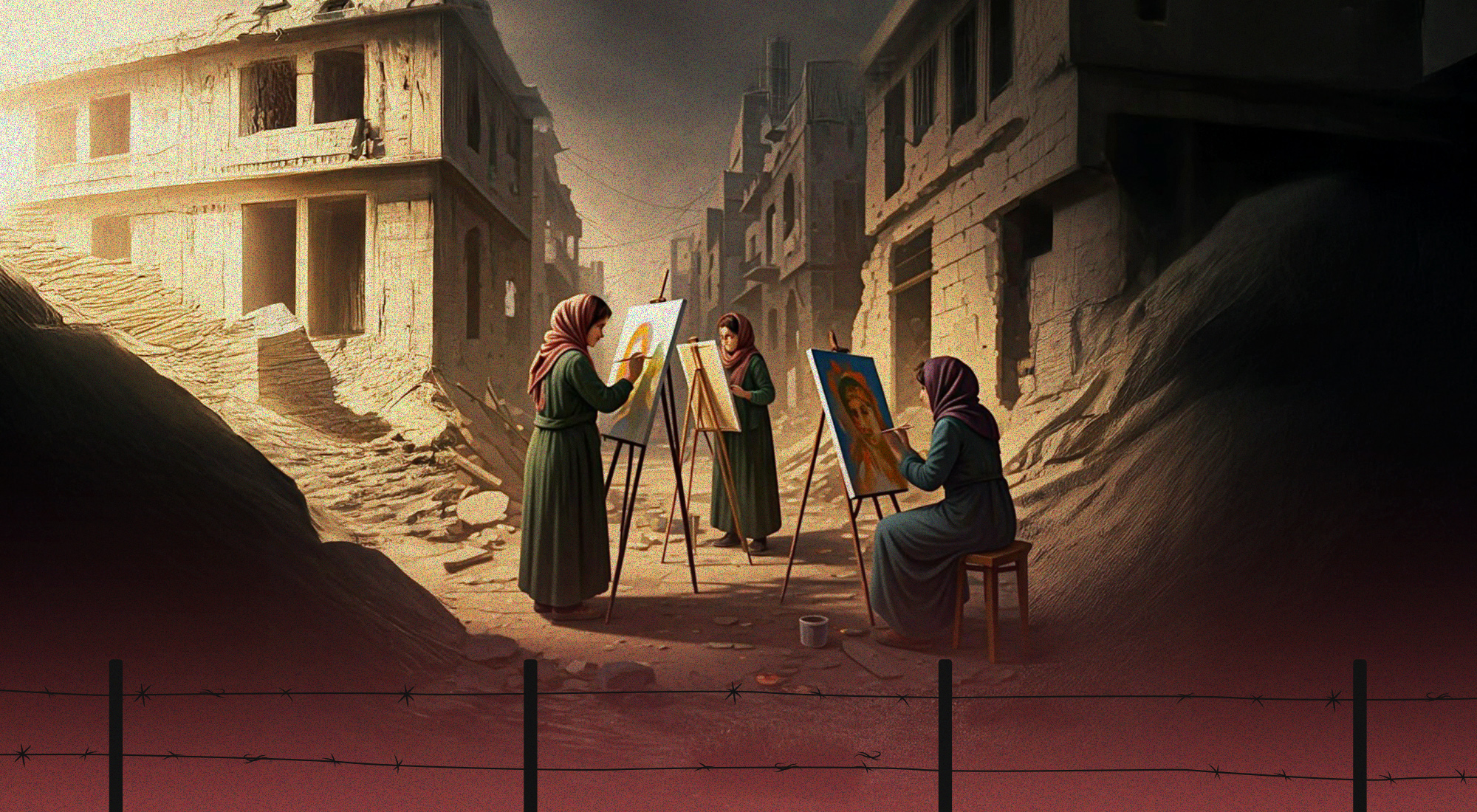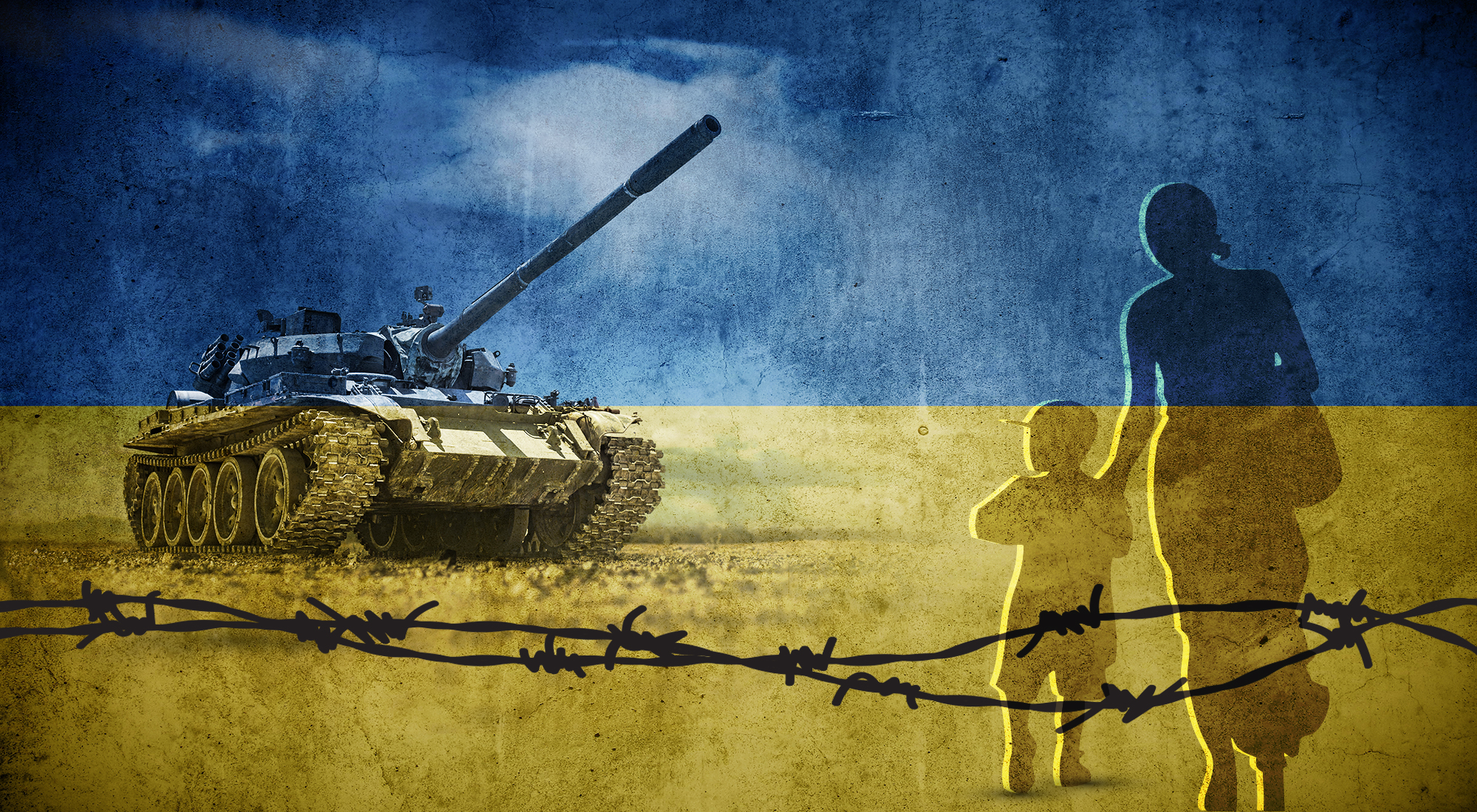There is an old saying in Britain about waiting a long time for a bus and then two come along in quick succession. In 2020 the same applied to two sports mega-events, the UEFA EURO 2020 football competition and the Summer Olympic and Paralympic Games 2020, which, due to the novel coronavirus, or COVID-19, were both postponed for the first time ever. Whilst the organizers, the Union of European Football Associations (UEFA), and Tokyo Organizing Committee of the Olympic Games (TOCOG) with the International Olympic Committee (IOC), have both retained the names EURO 2020 and Tokyo 2020 respectively, to save on rebranding costs as much as anything else, much uncertainty still surrounds whether they should have gone ahead, and what the consequences will be.
Will the Tokyo Olympic and Paralympic Games 2020 in 2021 be recast in the future as “The regrettable and forgettable COVID Olympics”? Publishers continue to produce books on the topic of the Olympics and Paralympics (see references). As the co-author of one of them, the third edition of Understanding the Olympics, which features a chapter about Tokyo and the Olympics specifically, I have watched with growing professional interest and then alarm as the COVID-19 virus took global hold with devasting consequences. [1] With respect to Tokyo 2020 it became clear that of the three possible options – carry on, cancel or postpone – only the latter would be seriously entertained by the Tokyo 2020 organizing committee and the IOC, at least until now. Although some have argued for it, and many people in Japan now feel this would be appropriate, few expected the 2020 Games to be cancelled outright, initially at least. The economic, political and reputational fall out from cancellation will be great, not just for the organizers and the Olympic movement, but also for Japan.
In the opening chapter of the third edition of Understanding the Olympics my co-author and I offer a broadly historical account of the Olympics in Japan, and Tokyo specifically. At the time of submitting the manuscript late in 2019 and when the proof pages were submitted in February 2020, we still expected the Games would take place in 2020 as planned. [2] By postponing the 2020 Games until 2021 some commentators have suggested the possibility exists for the event to act as a boost to the reputation of each of the main stakeholders involved. It will be at a considerable financial cost – especially to the host nation and city – but the decision to delay and stage the event later might have provided an upturn in the attraction of the global spectacle. This is certainly the hope of the `Olympophiles`[3] or Olympic supporters, such as the IOC President Thomas Bach, who wrote in the summer of 2020 to Olympic athletes, International sports federations and, through the Olympic Studies Centre, academics, seeking advice on ways forward.[4]
There is much more to be said about the `dark side of the Olympics`. Vitally important issues such as corruption in the influencing of hosting decisions, the Games` negative environmental consequences, and debates about cost overruns are often not considered in any great detail unless you turn to other more critical writers – who Phil Cohen[5] calls `Olympophobes` – that continue to call for a halt to the Olympic spectacle. These discursive differences and real criticisms have created the context for the changes implemented by IOC President Thomas Bach since he took up his position in 2013. He once said the Olympics had to `change or be changed`.
In her latest book Helen Lenskyj sustains the critical approach that she has developed towards what she prefers to call the `Olympic industry` over the past two decades. She looks at Olympic resistance, the Games links to business and its impacts on athletes` human rights amongst many other topics in a broad-ranging critique (Lenskyj 2020). Jules Boykoff [6]`s newest book offers more focused insights into the anti-Olympic “NOlympians”, partly researched when he visited Japan in 2019 (Boykoff 2020). Alongside the ‘1 year to go’ celebrations planned by the Tokyo 2020 organizing committee a coalition of activists from Japan, Korea, L.A., Rio, Paris and other Olympic host cities met in Tokyo in July 2019. One of the Japanese organizers of this gathering, ‘Hangorin no Kai’ (‘Anti Olympics Group’), provided 18 reasons for saying ‘No!’ to the 2020 Games, including displacement, increasing costs to the public, and damage to the local and national environment identified in connection with the construction of the new National Stadium. Together the activists produced a joint statement calling for ‘NOlympics Anywhere’.[7]
The Olympics is a major event, both for the host country and for the multi-millions who watch on TV around the world. It is also a career pinnacle for the thousands of competitors. This we know. We also know other things. The pandemic is still raging, indeed throughout 2021 it has, in many countries, been spreading faster (mainly due to new variants) more than ever. It is not self-evident that even the strictest of restrictions are making sufficient impact on the exponential growth of cases. Vaccines are becoming available, but it is already clear that they will only reach a proportion of the populations of most countries by early summer. In addition those least likely to have had a vaccination will be the younger more active members of a population, and hence more likely to be spreaders.
Consequently it was always dangerously over-optimistic to imagine the virus would be “under control” by the summer of 2021. And yet, the plan remains (as at the time of writing on 9 July 2021) to stage an Olympic Games. Thousands of people, from all over the world, will travel to Tokyo and live in close proximity, subsequently returning to their own countries. Even without live spectators it is hard to imagine a better way of boosting the spread of the virus. Whether Tokyo 2020 in 2021 is cancelled at the very last minute, and if so, if that will lead to more fundamental changes to the IOC, the Olympics, or world sport, remains one of the many unknowns about the current state of the world. The 2020 Olympics were heralded as a “recovery” or “reconstruction” Games by some in the Tokyo organizing committee but no one was expecting the phrase to have this additional significance.
Four factors are influencing `Tokyo 2020` – politics (regional geo-politics and domestic Japanese politics), economics (especially the costs of hosting for the Tokyo Metropolitan Government (TMG) and the Japanese national government, and the business interests involved in the broadcasting and sponsoring of the Olympics), the Olympic `family`, or as some people prefer to describe it `Olympic industry`, at the centre of which is the International Olympic Committee (IOC), and sport, including of course the athletes.
A key consideration to help understand what has been happening with the Tokyo 2020 Olympics is the way in which the IOC operates as a transnational body that is neither fully a corporation nor a governmental agency. In the hands of Thomas Bach (who was recently re-elected for a third four-year term) it certainly takes advantage of this position and has sought endorsement from, and alliances with, global agencies such as the United Nations (UN), the World Health Organization (WHO), and most recently the G7 club of wealthy nations, which all help to bolster its power and influence. This has made it even more difficult for the Japanese hosts (organizing committee, city, and central government) to call a halt, even if contractual obligations would also make this very difficult without great loss of face, reputation, and money.
The IOC remains however an elitist club that garners support from other elites and people (and countries) that aspire to joining the elite. From a sports perspective the IOC represents the custodian of the exclusive medals that athletes in numerous sports aspire to, acts as the chief promoter of the mythology of the healing power of sport, and the organization that most international sports federations (IFs) and national Olympic committees (NOCs) are reliant on for funding.
Since its inception in 1894 the IOC has remained a private organisation, that only accepts invited members, acts in a self-interested manner and like most long-lasting organisations, has self-preservation as a core aim. It is thus open to accusations of lack of transparency and hypocrisy while it claims to be a movement and a ‘family’ based on a philosophy beyond politics. Alongside the myths and ideology of Olympism – with elements such as the creed and the motto that are borrowed from Christianity (Catholicism and Protestantism) – it is not surprising that quasi-religious claims are often made, such as upholding the ‘spirit’ of the Games.
The IOC has developed since the 1980s, and the 1984 Los Angeles Summer Olympics especially, as an example of a BINGO (Business oriented International Non-Governmental Organization). The IOC has become reliant on broadcasting revenue, and relatedly sponsorship money, and the Summer Olympic Games featuring hundreds of events across 28 or more sports and 10,000 plus athletes from over 200 countries are its biggest media spectacular (the Winter Olympics and the Youth Olympic Games do not compare as mega-events since they attract fewer countries and global attention).
The impacts (expectations of costs and benefits) of sports mega-events for the hosts have remained remarkably similar in the past four decades. There is, or at least has been, a consistent overestimation of the benefits and an underestimation of the costs of hosting. This was partly to win over host city and national populations as a bid to host was announced, submitted and, if successful, won. There is now considerable and widespread scepticism about the accuracy of the estimated impact of hosting, and for example most economists who are not Olympic insiders consider the Olympics a drain, in terms of finance and human and material resources. The exclusivity of being an Olympic host city remains one of the main attractions for civic elites and boosters who want to host an Olympics.
There were several goals for Japan in hosting the 2020 Olympics – you can read about them in the first chapter of Understanding the Olympics – but these have mainly fallen by the wayside as the pandemic has developed, and for example restricted tourist movement, and the anticipated economic stimulus that might have come with that. One significant change in narrative about Tokyo 2020 is that when the bid was first submitted in 2012 and won in 2013 it was described as a `recovery` or `reconstruction` Olympics, following the great eastern Japan triple disaster in March 2011. Rebuilding Japan and the Tohoku region in particular was partly used to describe the ambition of the 2020 bid. However, it has been one of the 2020 Olympic critics` major concerns that developing substantial parts of Tokyo Bay and the Heritage zones in Tokyo was not really doing much to help the people in Tohoku. As time has passed the link between the two has lessened and the narrative since 2020 has been to link the phrase, if used at all, to recovery from the COVID-19 pandemic. In short, the narrative of the organizers has altered. Of course, Tokyo Metropolitan Government (TMG) and the central Japanese Government had other ambitions for the event, many of which are disrupted – boosting tourism, showcasing Japan as an economy and society of innovations, regaining regional pre-eminence in East Asia – whilst others were always more rhetorical than likely to take effect – challenging gender inequality, for example, in a highly patriarchal society.
Another major reason why Japan, or at least Japanese politicians, wish to carry on with hosting is the geo-political significance of the Olympics. Japan wants Tokyo to be the first Asian city to host the Summer Olympics twice, and the first country `after` the pandemic to host the event. Waiting in the wings – a few short months away – is Beijing and the 2022 Winter Olympic Games and Japanese leaders do not want to be deprived of what is still considered the prestige of hosting a major event `post pandemic`. The IOC also may be concerned by the possibility of boycotts related to human rights abuses and other developments by China impacting on Beijing`s Winter Olympics, which would tarnish its image even more.
Despite public criticism and medical warnings, with just over one week to the proposed start to the Tokyo Games it is now difficult to see the event not commencing, but it will be unlike the Olympics as they have developed in recent decades. The banning of all spectators in Tokyo, restrictions on spectators in the few other areas staging events not covered by the emergency measures, the absence of international spectators, reductions in the number of officials, media, movement and so on will have major consequences for the event. The TV spectacles may still attract audiences. NBC in the USA for example has invested billions of dollars in securing exclusivity of coverage until 2032 in the US and will go to great efforts to ensure audiences are watching to enhance the advertising revenue.
It is difficult to predict what might stop or put an end to these Olympics, besides evidence of a serious COVID-19 outbreak in the athletes` village, multiple cases of transgressions of the restrictions on movement, leading to the same, or severe harm to athletes as a result of competing in very hot conditions. The legacy of the Olympics after Tokyo amid the Covid-19 pandemic has been much discussed in the promotion of the event. The organizers wanted to recapture something of the romance and excitement of the 1964 Tokyo Olympics. This will not happen. Instead, it could be argued that no one will want to relive the legacy of the first COVID Games. Only in the imagination of the most fervent Olympic advocate or `believer` in Olympism will Tokyo 2020 in 2021 be considered to be uplifting and a beacon of hope. I expect Olympic spin doctors to work overtime in creating this narrative. Ignoring medical doctors` opinions however could have major negative consequences for Tokyo and Japan as a whole, and if a significant new strain of the virus emerges as a result possibly it will also harm belief in the righteousness of the IOC and the sanctimoniousness of its spokespeople.
For the Olympic Games to have a future will require greater public consultation prior to bids for events with such an impact on urban development, the avoidance of deleterious consequences for all citizens, and continuing involvement of citizens as the event / plans take shape and afterwards. At present the major beneficiaries are selected businesses, certain professions (e.g., law, accountancy, logistics) and if successful in sports events, national governments. Research shows that the Olympics negatively impact local citizens, especially those near the staging of Olympics-related building projects, small businesses not in the `honeypot` zones, and the benefits are always overestimated whilst costs are underestimated. These groups tend to suffer most, especially if dwelling in the areas of development: migrants, semi-and unskilled workers, the low paid, ethnic minorities. These are the groups of people who tend to be displaced, since the Olympics essentially creates gentrified locations for the more wealthy and privileged sections of society.
There has been a shift from using the Tokyo Olympics as about national promotion to the Games as about overcoming the pandemic, with of course a potential national reputation boost as a result. However, Tokyo 2020 has revealed quite well the relationship of the host city with the IOC and the tight contractual stranglehold the IOC holds in that relationship, and this will have long lasting impacts – possibly deterring other potential hosts and boosting critics of the mega-event. I was recently asked, how has my attitude towards the Olympic games 2020/21 changed over the last years? I was a Field Cast volunteer, and I was going to attend at least one event, but I have withdrawn from acting as a volunteer, and have received a refund for my tickets. Taking the view of medical science, I do not think this Olympics should go ahead but recognize it is likely to.
References
[1] An extract from the third edition of my Understanding the Olympics dealing with Tokyo and the Olympics is available here:
[2] The same applies to another book published in the (non-) Olympic year of 2020, Japan through the lens of the Tokyo Olympics (Holthus et al eds., 2020). Featuring over 30 short, bite-size, articles about the Olympics and Japanese society, the authors offer a valuable overview of Japanese society.
[3] Phil Cohen. 2013. On the Wrong Side of the Track? East London and the Post Olympics. London: Lawrence and Wishart.
[4] International Olympic Committee. 2021. ‘IOC President writes to Olympic Movement’, https://olympics.com/ioc/news/ioc-president-bach-writes-to-olympic-movement-olympism-and-corona
[5]Phil Cohen (2013) On the Wrong Side of the Track? East London and the Post Olympics. London: Lawrence and Wishart.
[6] Jules Boykoff (2020). NOlympians. Inside the Fight Against Capitalist Mega-Sports in Los Angeles, Tokyo and Beyond. Winnipeg: Fernwood Publishing.
[7] Olympic Watch. 2021. ‘Tokyo 2020’, https://olympicswatch.org/tokyo-2020
Barbara Holthus et al., eds. (2020). Japan through the lens of the Tokyo Olympics. London: Routledge/CRC.
N.B. This book is available Open Access (free) from:
John Horne & Garry Whannel (2020). Understanding the Olympics. 3rd edition. London: Routledge.
N.B. The first chapter of this book, looking at Tokyo and the Olympics, is available to read free from the Preview PDF in this link:
Helen Jefferson Lenskyj (2020). The Olympic Games. A Critical Approach. Bingley: Emerald.








